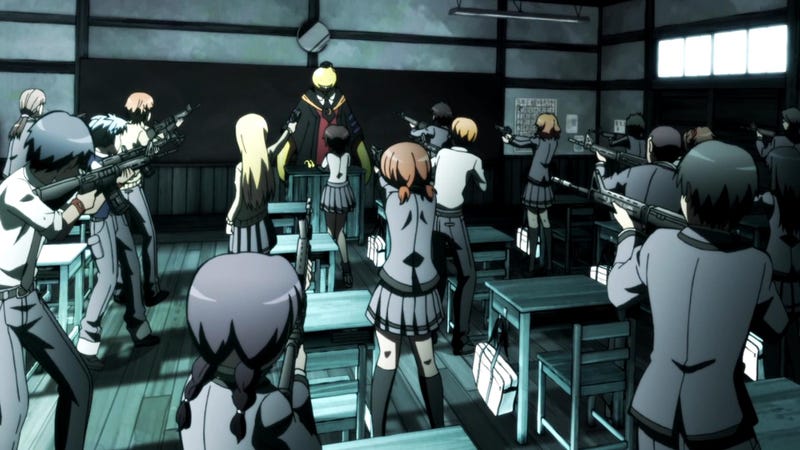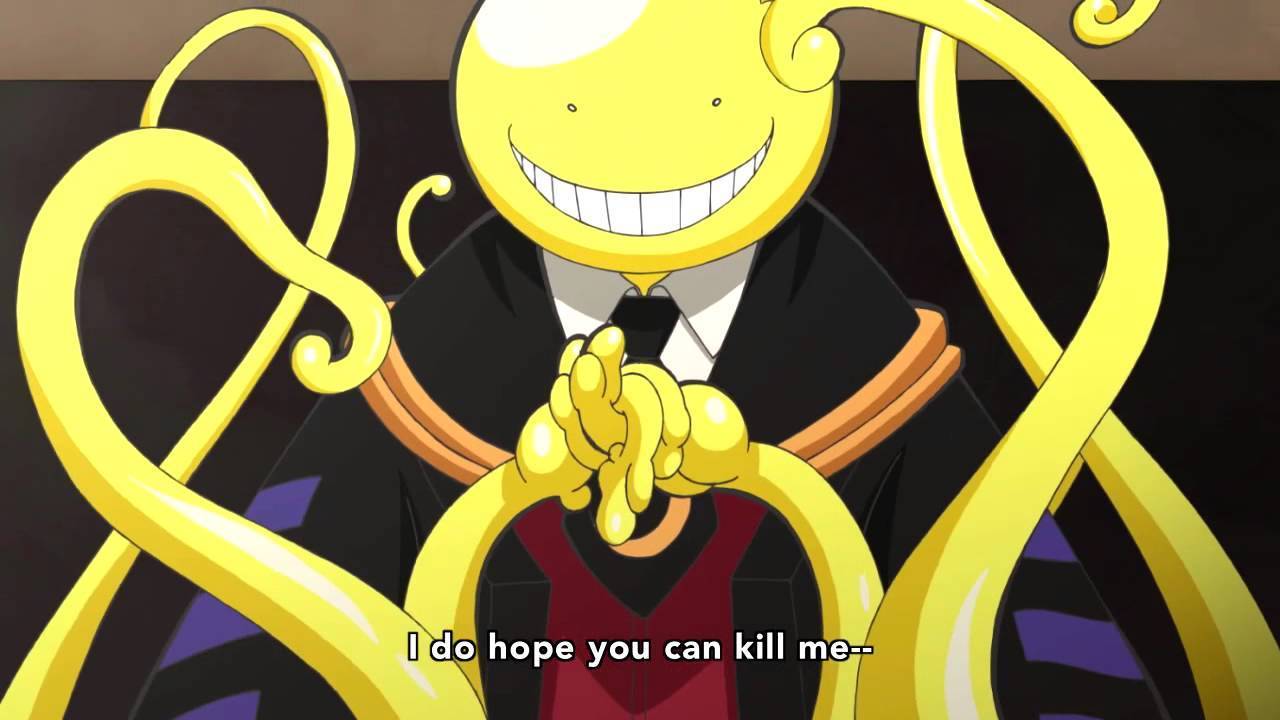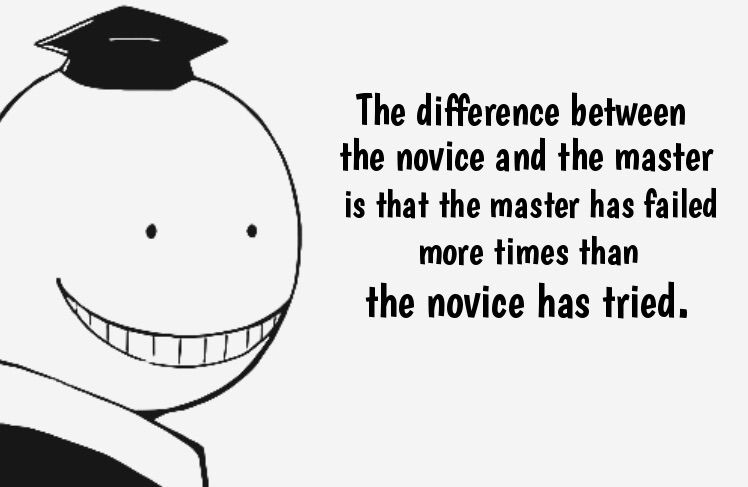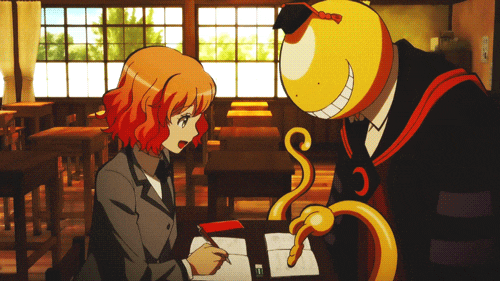Many of us would have seen this piece of news last week, as MOE announces that it plans to scrap mid year exams for certain levels in primary and secondary school. This is met with a lot of positive reviews but at the same time, there were certainly quite a lot of individuals out there who are skeptical of this move.
As for me, I am sitting on the fence on this one.
From the outlook, this is a move that MOE is undertaking as part of its “walk the talk” on being “less focused on grades”. And almost certainly, one part of removing the emphasis on grades is to remove the grading itself, and that is, the exams. But since we are not able to remove exams in its entirety, removing the mid terms but keeping the finals is one such solution.
Or so it seems.
If truth be told, exams are not a bad thing. They are a good way to test your knowledge and understanding of the subjects taught.
But personally, I would feel that unless there is a paradigm shift in the mentality of the herd, it probably does little to help.
The thing here in Singapore (and probably some parts of the world) is that exam questions are tested at such “high standards” that sometimes you wonder the purpose of setting questions like that. And many of those questions that adults (even graduates) are not able to answer.
And it does not help that we have a streaming system that streams students according to their academic grades, creating a chase for paper grades so that the kids can go to “better” classes, “better” schools, etc, despite continuous emphasis by the government that every school is a good school (although seriously, nobody believes that).
And it is a badge of honour if you are in the top classes, or if you don that uniform from a top school.
And riding on this wave, we have Life Beyond Grades, a local initiative started by a few parents, the key impetus being to encourage a shift of emphasis on grades. And in a way, it is rather timely as it coincided with the much dreaded PSLE period. I think this is a terrific initiative as it proves that we can still be very much successful and thrive in life even though your grades when you were twelve might be less than stellar.
Having said that, I think there is still a delicate line of balance between encouraging students to study for their exam and falling in between thinking since-grades-are-not-important-then-I-don’t-need-to-study.
At least for twelve-years-old, I think they should be motivated to study and try.
And it probably has more got to do with discipline rather than intellect at this age.
However, in a separate anecdote, Dave was sharing with me that a friend of his saw a group of Primary six students crying. It was eventually revealed that they were crying to release the pent-up stress as the exams were finally over.
Wow. I did not know how to react to that…
But that is not uncommon.
Personally, I thought one of my best examples to illustrate this whole matter of life beyond grades, or perhaps education is Assassination Classroom.
For those of you who might not be familiar, Assassination Classroom is a Japanese anime that ran for two seasons in 2015-2016. And yes, I know the title does sound of gore and violence (well, a little bit but it is targeted at shonens generally and is a far cry from the likes of Tokyo Ghoul or Gantz in case you might be wondering).

Anyway, back to the show.
Here is a general premise of the show taken from wikipedia:
Earth is threatened by an enormously powerful monster who apparently destroyed 70% of the Moon, leaving it permanently shaped like a crescent. The monster claims that within a year he will destroy the planet, but he offers mankind a chance to avert this fate. In class 3-E, the End Class of Kunugigaoka Junior High School, he starts working as a homeroom teacher where he teaches his students regular subjects, as well as the ways of assassination. The Japanese government promises a reward of ¥10 billion (i.e. 100 million USD) to whoever among the students succeeds in killing the monster, whom they have named “Koro-sensei” (殺せんせー Korosensē, a pun on korosenai (殺せない, unkillable) and sensei (先生, teacher)). However, this proves to be an almost impossible task, as not only does he have several superpowers at his disposal, including the capacity of moving at Mach 20, but he is also the best teacher they’ve ever had, helping them to improve their grades, individual skills, and perspectives for the future.
As the series goes on, the entire situation gets even more complicated as other assassins come after Koro-sensei’s life, some coveting the reward, others for personal reasons. The students eventually learn the secrets involving him, the Moon’s destruction and his ties with their previous homeroom teacher, including the true reason why he must be killed before the end of the school year. The series is narrated by Nagisa Shiota, one of the pupils in the class whose main strategy in killing Koro-sensei is making a list of all his weaknesses. At first, Nagisa appears to be one of the weaker members of Class 3-E, but he later emerges as one of the most skillful assassins in the class.
Ok, right. So it’s about a bunch of students trying to kill an alien.

Technically, yes. But what is more interesting about the story is the development arcs and I think there are many lessons learnt, especially those that revolve around “life beyond grades”.
- Failure is part and parcel of life, and success

Koro-sensei is the homeroom teacher for Class 3E. In case you were wondering, class 3E is the “end” class, meaning that students of this class have failed to achieve the academic requirement that would brand them as “elite” or “intellects” of the school. To rub salt into the wound, the classroom is in an isolated dilapidated building, away from the main campus. In a way, the school has built up an “elitist” culture, where students from Class 3E are been looked down upon and bore the bunt of derogatory remarks. In other words, they are classified as “failure” and should not be associated with.
In many different situations, Koro-sensei sought to encourage his students, teaching them that “failure is part of the process” and “it’s ok to fail“, important notions that would stick with them. Although his students were not able to kill him despite using the most unconventional methods that they could think of, he motivates and encourages them constantly, and tried to drill in the adage that Failure today doesn’t mean you will fail again tomorrow.

2. Do not lose your self-esteem, and believe in yourself, even if others labelled you otherwise
One of the more notable villians of this anime series is none other than Asano Gakuho, the principal of the high school, although referred to as the “Boss” by students of Class 3E.
He is the figure head of fear and believes in drilling success into his students. He is the individual that created the “elitist” culture in school placing 5 percent of the students on the bottom rung. It motivates the other 95 percent of the student body, but it creates a destructive form of thinking that promotes discrimination against some based on intellect.
This very much mirrors society today, and just recently, ChannelnewsAsia has released a video that features the class divide in Singapore which brought about a lot of thought provoking conversations.
You might be placed in situations that will marked you as “less-abled” individuals, or conversations that will make you feel highly uncomfortable due to the social stigma that others placed on you.
But do not ever lose your self-esteem. Do not feel that you are anywhere less inferior just because others might look down on you because of your academic results or in Singapore, the inability to speak good English (according to the poll by ChannelnewsAsia). In Assassination Classroom, instead of trying to iron out these weak points completely, many of its characters embrace their quirks and shortcomings as part of who they are. And through the various methods employed by Kuro-sensei, the students show that they could be as successful.

3. Not everyone share the same opportunities that you have – develop an empathy and understanding towards others’ situation.
In case you were wondering that “failure” of others is due to their “stupidity”, think again. In Assassination Classroom, many of the students who did not fare well in the examination is because of the various personal problems that they were facing. For instance, Nagisa grew up in a broken family, along with an abusive mother. Yuma Isogai, another student from Class 3E was the breadwinner of the family, who needed to work to feed his two younger siblings and a sick mother.
In a separate viral video on Facebook titled “The Race of Life“, there were a couple of statements made that were pretty hard hitting.
“I want you guys at the front just to turn and look. Everything that I have said, has nothing to do with anything that you have done, any decisions that you have made. We would be foolish to not realise, that we have been given more opportunities. We don’t want to recognise that we have been given such a great headstart. But the reality is that we have.”
“Ladies and Gentlemen, Nothing you have done, have put you in the lead that you are in right now”
Indeed, from the outset, failure might seem to be a direct result of an individual’s inability or incapability. Think hard again, is it necessarily so? If these individuals have been provided the same level of opportunities and resources, perhaps they might even go further than you think.

4. Instilling a love for learning is more important than results

There are two models of education shown in the series. One is more reliant upon rote learning, a-one-size-fits-all approach; whereas the other is based around active, tailored learning. The former is probably a reflection of the current system that we have in today’s schools. The same textbook, stack of worksheets and materials are used to teach a class of 40 students where and are seen as the pansophical being in the classroom. Gakuho Asano would be the best representation for this method. On the contrary, Koro-sensei establishes an open form of mutual education where learning is unidirectional. The students do not feel that they are spoken down to, but communicating with the teacher and each other.
By supporting their interests, Koro-sensei managed to engage his students in their classwork – albeit in an unconventional way. Such an education is rare due to the time and effort required. And it is only possible for Koro-sensei, who is able to travel at a speed of Mach 20 so that he can act as a personal tutor to all of his students simultaneously.
Other thoughts
There were many developmental and anecdotal arcs in the anime, which strings the whole story together. I shall not delve into too much details here but I guess the ending is what resonated with many.
As per the (idealistic/realistic) anime world, Class 3E had a rather successful turnaround so you can’t really place the “failure” label on them anymore. In the most adverse situations, the students were able to achieve their dreams through perseverance, determination, and of course, guidance of a dedicated teacher.

A huge part of the transformation could be credited to Kuro-sensei, as it has been seen in many of these anecdotes that he was instrumental in encouraging, educating, and litting up the fire in many of these students. Not many of us are lucky to have met with such educators but in the event that we do not, it is important that we should never give up on ourselves.
Education, after all, shouldn’t be about loss or success. It should be about becoming a better person, and teaches not just skills but values as well. The academic part just happens to overshadow the other aspects of education.

Learning and education does not just happen in school. It is a lifelong process. And develop a continuous love for learning, the mental fortitude towards continuous improvement, is what we should sought. Of course, sometimes it’s easier say than done.
Education goes far beyond academics.
And that is something that we should strive for, collectively as a society.
Hello Kate,
I’m glad Unintelligent Nerd introduced me to “Assassination Classroom” sometime back!
Hey! There’s a bit of “otaku” in you yet 😉
Interesting that in the land of exam focused Japan, with its cram schools and hierachy of elite schools system (which uni you attended can be more important that what degrees you got), there are lone voices speaking out like in this anime 🙂
It cannot be fun for cat people like me in Japan.
I guess Singapore has a better chance in switching from the Confucian emphasis on “Imperial” exams to the Scandinavian model of having fun with problem solving and innovation.
Where else in the world where a prime minister will spend a whole national day rally sometime back to de-emphasise paper qualifications and stress competence and skills?
That was big daddy’s singalling to its own old fogey shepherds in the civil service and govt-linked companies.
Change is coming.
Wink.
That was just preparing the ground
Haha yes I have been an otaku fangirl since my uni days ✌️😁. Haven’t been watching a lot nowadays but Assassination Classroom happens to be one of my more recent favorites. Sometimes anime does provide food for thought, especially overcoming adversity. Cliche I know, but there are many lessons to be learned 🤔
Agree that this seems to be a series of “baby” steps towards something bigger. Change is good.
But it doesn’t help if you just change the spare parts of the car but not the main engine. Or perhaps that’s just the skeptic in me thinking?